May 27, 2025 | 00:52 GMT +7
May 27, 2025 | 00:52 GMT +7
Hotline: 0913.378.918
May 27, 2025 | 00:52 GMT +7
Hotline: 0913.378.918
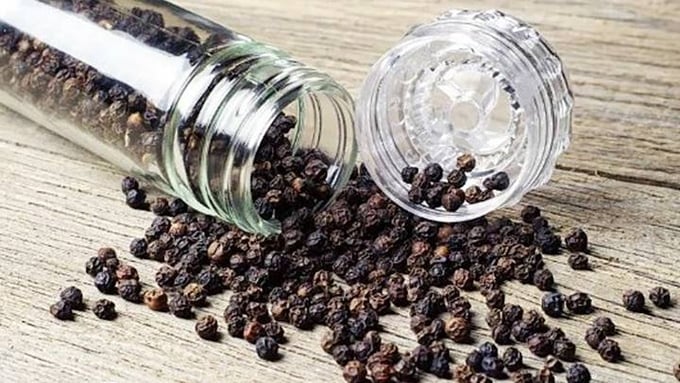
Update on the latest domestic and world pepper prices on 11/24/2023
World pepper prices on November 24 decreased further in Indonesia but remained flat in other countries.
Accordingly, the price of Lampung black pepper in Indonesia decreased by 0.07%, down to $ 4,031/ton. The price of this country's Muntok white pepper decreased by 0.05%, to $ 6,219/ton.
Malaysia's Kuching ASTA black pepper price remained stable at $ 4,900/ton; This country's ASTA white pepper is still priced at $ 7,300/ton.
For the Brazilian market, the price of ASTA 570 black pepper remained at $ 3,100/ton.
In Vietnam, export prices of 500 and 550 g/l black pepper are at $ 3,500 and $ 3,600/ton, respectively. The export price of white pepper remained at $ 5,100/ton.
Thus, world pepper prices on 11/24/2023 are still decreasing in Indonesia compared to yesterday.
In the domestic market, domestic pepper prices on November 24 continued to move sideways compared to yesterday.
Specifically, Dak Lak and Dak Nong continue to purchase pepper at VND 70,500/kg;
In Gia Lai, pepper prices are trading at VND 69,500/kg;
In Dong Nai, traders maintain purchasing at a price of VND 69,000/kg;
The latest pepper price in Ba Ria - Vung Tau is anchored at VND 72,000/kg;
Meanwhile, Binh Phuoc pepper prices fluctuated sideways, pepper is trading at around VND 72,000/kg.
Thus, domestic pepper prices on 11/24/2023 are trading around VND 69,000 - 72,000/kg.
According to Mr Viet Anh - Chief of Office of the Vietnam Pepper and Spice Association (VPSA), through analysis and testing of 284 pepper samples collected in the 2 years 2021-2022, conducted by a number of export businesses and laboratories, the number of samples that do not meet the EU's MRL (minimum residue limit) regulations is quite large.
Specifically, 38 active ingredients were detected in these samples, the total frequency of active ingredients: 2,462, the total value meeting EU MRL regulations: 2,051; the total number of samples that failed: 411.
Most pepper samples were contaminated with active ingredients related to the prevention of pests and harmful fungi on pepper plants. Some active ingredients have been banned but still appear in pepper such as: Carbendazim and Chlorpyrifos (-ethyl). This is very worrying if people continue to use banned chemicals to protect pepper.
Faced with that situation, VPSA has updated the EU MRL regulation lookup data with pepper on the association's website. In addition, VPSA is promoting the implementation of programs and projects related to responsible use of chemicals on pepper plants.
With EU funding, VPSA is coordinating with IDH (Sustainable Trade Initiative) to implement a project to develop sustainable trade in the pepper industry in the 2022/23 period.
According to IDH, as of June 2023, there have been 10 businesses, cooperatives, and cooperative groups participating in the project: Tran Chau, Haprosimex, Simexco, Vietspice, DK Commodity, Ptexim, Vinh Hiep, Binh Minh Cooperative, Nam Yang Cooperative and Safe Agricultural Products Cooperative Groups.
$ 1 = VND 24.050 - Source: Vietcombank
Translated by Hoang Duy
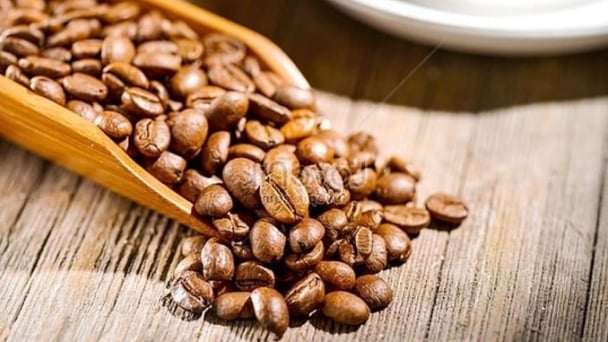
(VAN) Coffee prices on May 26, 2025, remain unchanged. Currently, the domestic coffee market is trading around VND 122,000 to VND 122,500/kg.

(VAN) Rubber prices on May 26, 2025, are declining. Domestically, latex prices remain stable, with purchasing prices ranging from VND 397 to VND 462/TSC.
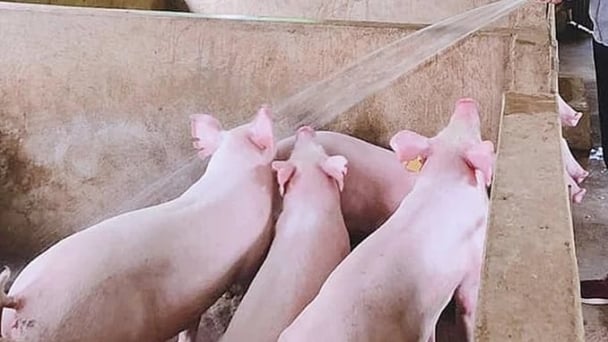
(VAN) Live pig prices on May 26, 2025, are stable. Currently, the market across the 3 regions of Vietnam is trading in the range of VND 67,000 to VND 75,000/kg.
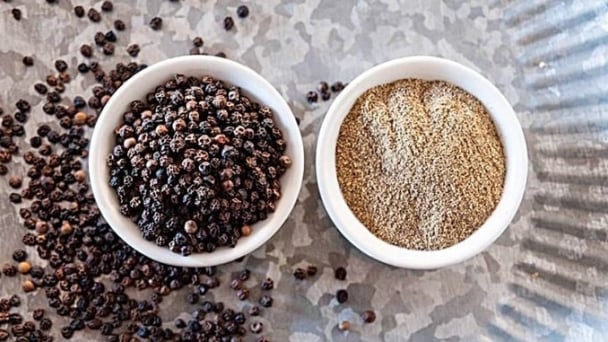
(VAN) Pepper prices on May 26, 2025, remain flat globally. Domestic pepper prices are trading around the range of VND 146,000 to VND 147,000/kg.
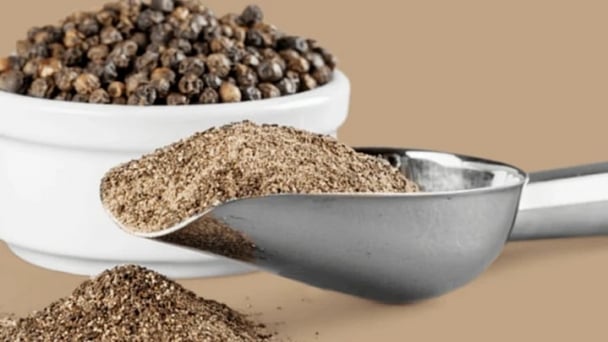
(VAN) Pepper prices on May 23, 2025, are unchanged in the domestic market, trading at VND 150,000 to VND 152,000/kg. Pepper prices increased only in Indonesia.
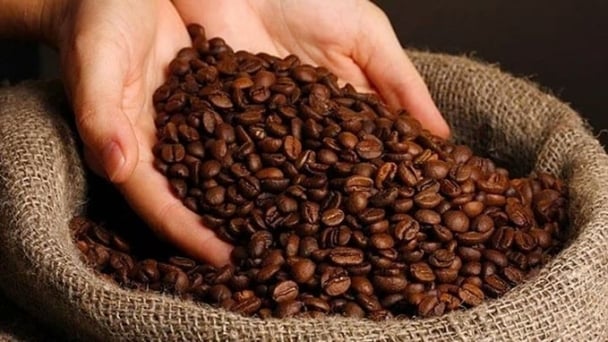
(VAN) Coffee prices on May 23, 2025, dropped by a further VND 2,500, trading at VND 122,500 – 123,200/kg. Global coffee prices also declined across the board.

(VAN) Coffee prices on May 22, 2025, slightly decreased by VND 500, trading at VND 125,000 – 125,700/kg. Global coffee prices showed mixed fluctuations.